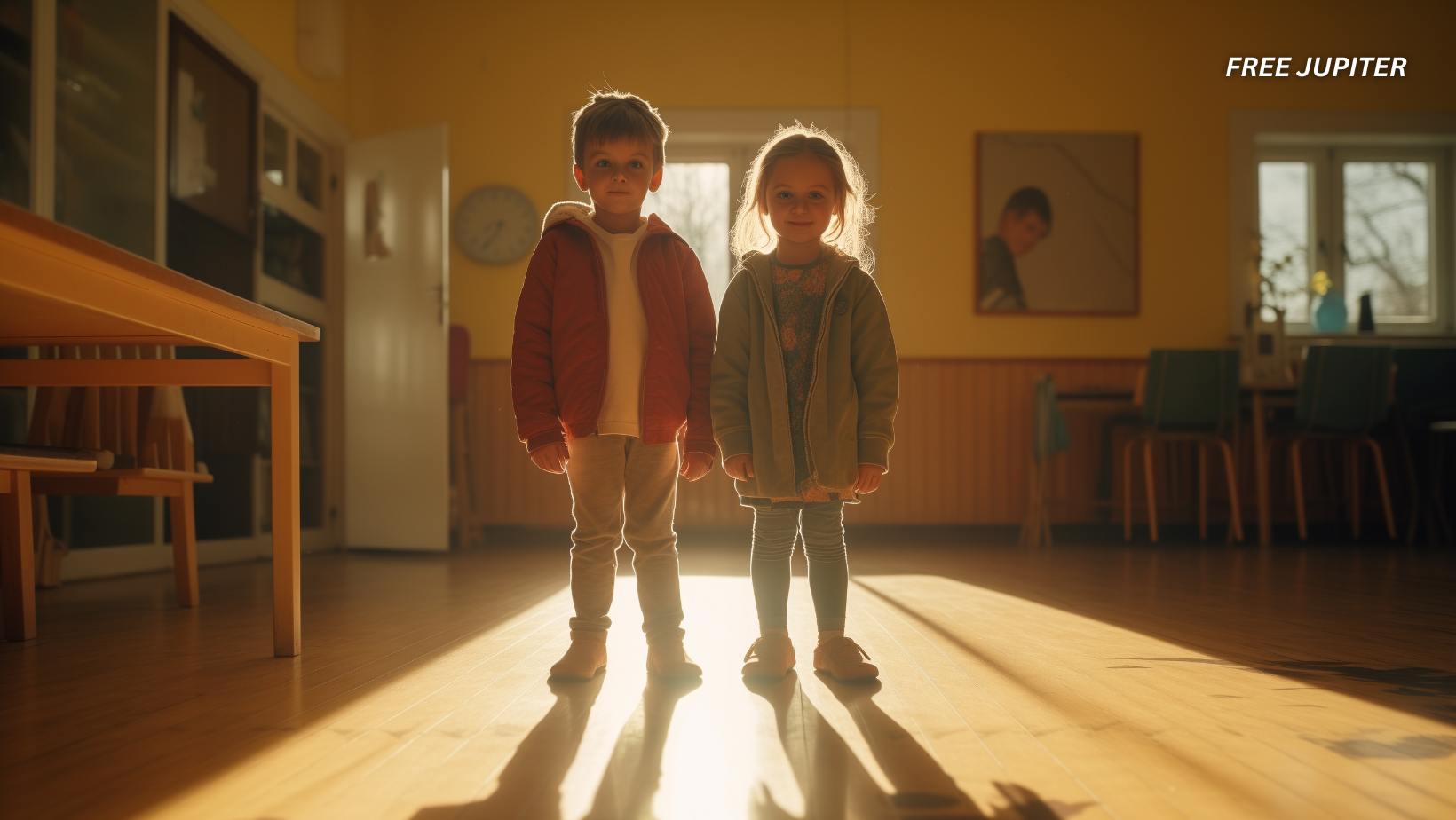Friendly Note: FreeJupiter.com shares general info for curious minds 🌟 Please fact-check all claims—and always check health matters with a professional 💙
If you’ve ever swapped childhood stories with your brothers or sisters, you might have been stunned by how different their memories sound. They might talk about a warm, idyllic family life filled with picnics and laughter, while you remember a lot more chaos, arguments, or boredom. It can almost feel like you grew up in two entirely different households, even though you slept under the same roof for years.
Before you start questioning your memory, know this: psychologists say these differences are perfectly normal. In fact, they’re so common that it would be unusual if siblings remembered their upbringing exactly the same way.
1. The Ever-Changing Backdrop of Family Life
One of the biggest reasons for this “memory mismatch” is that children are born into families that are always evolving.
When the first child arrives, parents are at a certain stage in life—financially, emotionally, socially. By the time the next child is born, the family’s circumstances may have shifted dramatically.
For example:
- Money Matters – Maybe your parents were just starting out and budgets were tight for your older sibling. By the time you came along, they might have earned promotions, paid off debts, or simply learned to manage finances better. Suddenly, things like music lessons, school trips, or beach vacations were possible for you but not for them.
- Life Events – A major life change—like a move to a new city, a job loss, a big promotion, or even a family tragedy—can alter the emotional climate of the household for years. One child might grow up during a relatively calm period, while another arrives during a more turbulent time.
Even subtle shifts matter. A parent in their late twenties may have different energy levels, priorities, and stress compared to when they’re in their late thirties or forties. These differences trickle into daily life in ways that are very real for the children involved.
Read more: Psychologists Say These 9 Signs Prove You’re Not the Toxic One in the Family
2. Birth Order: The Invisible Shaper of Childhood
Birth order is like a hidden time stamp that marks not just when you were born, but which version of your parents you got.
- Firstborns – Often receive more one-on-one attention, but also face higher expectations. They might be the “trial run” for parenting techniques. Rules tend to be stricter, and mistakes may be met with more correction because parents are still figuring things out.
- Middle Children – Sometimes benefit from a more relaxed parenting style but may feel less spotlighted. They can become natural diplomats, learning to navigate between the older and younger sibling worlds.
- Youngest Siblings – Often arrive to more seasoned (and sometimes more tired) parents. The rules may be looser, but so might the availability of undivided attention.
Birth order can also determine your “role” in the family—caretaker, peacekeeper, rebel, entertainer—and those roles stick in memory long after childhood ends.
3. Parents Evolve—And So Does Their Parenting
Raising a child is one part instinct, one part experience, and a whole lot of learning on the fly. By the time parents get to their second or third child, they’ve often adjusted their approach based on what they learned from the first.
A firstborn might say, “Mom was so strict with me,” while a youngest sibling might say, “Mom was chill.” Both can be true.
This evolution can happen for many reasons:
- Parents may realize a previous approach didn’t work and choose to be gentler.
- They might have built more confidence in handling tantrums, school pressures, or bedtime battles.
- They could be juggling more responsibilities—more kids, busier jobs—which changes how much time and patience they can give to each child.
4. Personality and Parent-Child Chemistry
Even in the same home, no two kids are exactly alike. Personality traits—like being outgoing, reserved, stubborn, sensitive, or laid-back—can shape how a child experiences family life.
For example:
- A child who shares a parent’s love for sports might spend more time bonding over games, building warm memories.
- Another child who prefers solitary hobbies might have fewer shared activities with that parent, even if they’re equally loved.
This isn’t favoritism—it’s human nature. Just as friends click differently, so do parents and children. Sometimes, one child’s personality demands more patience or energy, which can shape interactions in ways siblings notice.
Read more: Study Finds Having This Type of Child Can Accelerate Brain Aging
5. Same Event, Different Story
Here’s where it gets fascinating: siblings can experience the exact same event and walk away with completely different feelings about it.
Think of it like watching a movie together—one person laughs, another cries, and a third falls asleep. The story didn’t change, but each person’s reaction did.
- A camping trip might be magical for one child but mosquito-filled misery for another.
- Growing up in a small town might feel safe and cozy to one sibling but restrictive to another.
- A family rule might feel protective to one child but controlling to another.
These variations aren’t “errors” in memory—they’re simply shaped by personality, mood, and even the stage of life each child was in.
6. Why Different Memories Don’t Mean a Broken Family
Psychologists emphasize that different experiences aren’t automatically bad. Fair treatment doesn’t mean identical treatment—it means each child’s unique needs are met with love and care.
If parents adapted to each child’s personality, interests, and emotional needs, differences in experiences can actually be a sign of responsive parenting.
That said, it’s natural for siblings to sometimes feel they got the “shorter straw,” especially when looking back. If these feelings linger, open and respectful conversations can help. The goal isn’t to rewrite anyone’s history but to understand and validate each other’s truths.
7. Moving Forward: Respecting Each Other’s Versions
When siblings talk about childhood, the key is to listen without jumping in to correct. Your sibling’s version of events is their reality, shaped by their perspective.
Helpful steps include:
- Acknowledging their experience, even if yours was different.
- Avoiding the temptation to “prove” your memory is the right one.
- Understanding that no two people—siblings included—will ever have perfectly matched accounts.
In the end, each sibling’s memories are like their own personal photo album. Some pages overlap, others don’t. And that’s perfectly normal.
Read more: 7 Modern Pressures Gen Z Moms Face That Millennial Moms Didn’t
Final Thought
Your family story isn’t one single narrative—it’s a collection of overlapping stories, each filtered through the lens of a unique personality, life stage, and emotional climate. You and your siblings might never see your childhood in exactly the same way, but that doesn’t mean either of you is wrong.
If anything, it’s proof that even in the same house, we each live a slightly different life.










